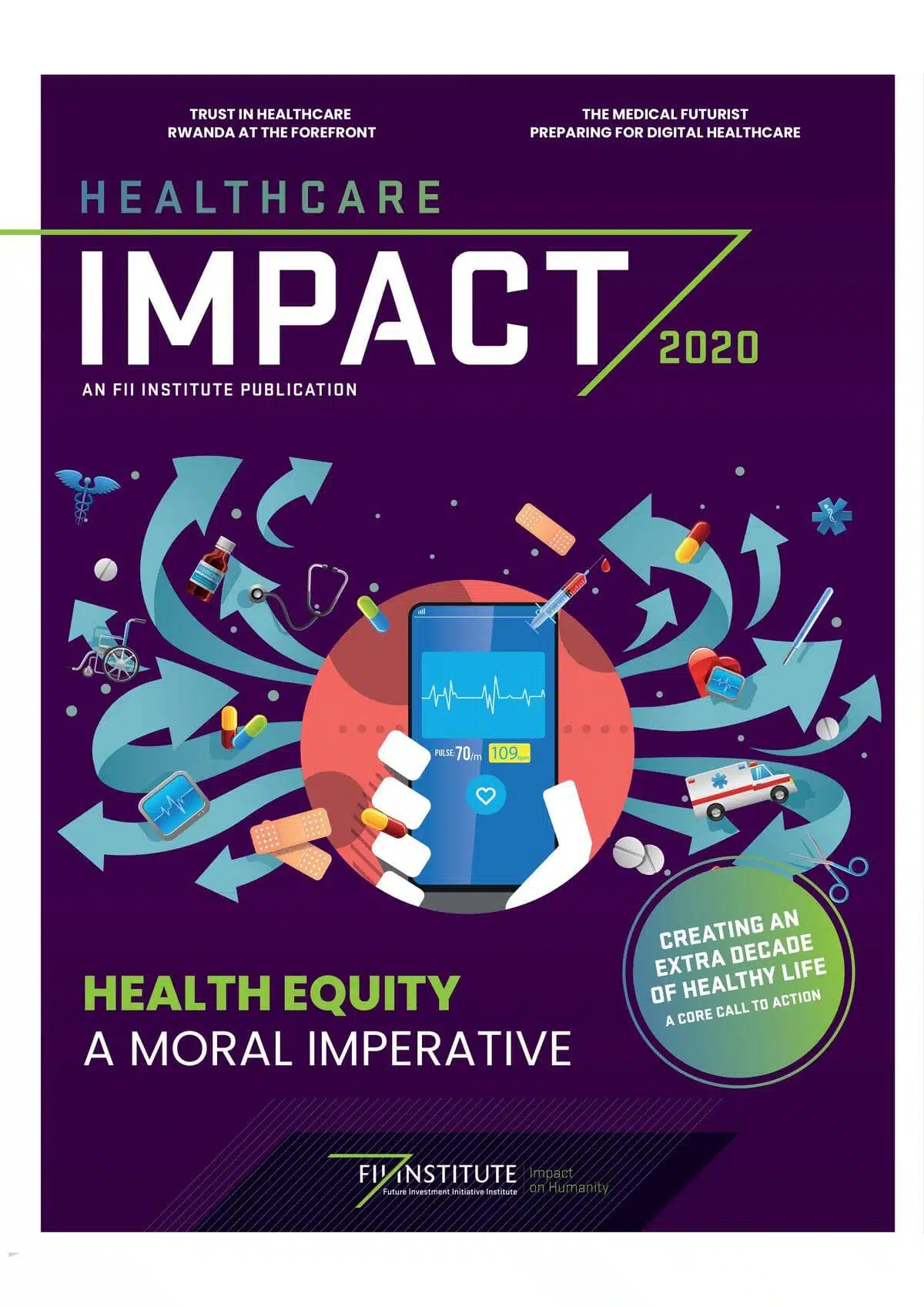The Covid-19 pandemics offered a great opportunity for the Global community to practice international solidarity. But the opportunity was missed, the multinational institutions have failed to ensure equitable vaccine access. The prevailing “My-interest-first” policies have reduced the overall efficacy of the vaccination campaign and damaged the trust in global solidarity. International health policy needs a shift to humanity.
By end of February 2022, Africa has fully vaccinated 176 million people, just 13% of its population. This makes the continent the laggard No. 1 in the global Covid-19 vaccination campaign: At the same time, all other continents have already vaccinated more than 50% of their population. The reason was not a lack of demand, but of vaccine supply. Low-income countries, most of which are in Africa, have received just 0.6 percent of the first 8 billion shots that have been administered in the Covid-19 campaign, according to the World Health Organization (WHO). The overwhelming majority of vaccine doses delivered by the US vaccine makers Moderna, Pfizer, and J&J, have gone to high-income countries. Pledges to redistribute vaccine doses from North to South, while welcome, were not enough.
High-income governments had collectively pledged to donate 1.8 billion vaccine doses, but by February 2022, less than 30 percent had been delivered. The Omicron Variant, first sequenced and identified in South Africa late in 2021, showed the global disadvantage of narrow-minded national vaccination policies. President Cyril Ramaphosa of South Africa stated: “The emergence of the Omicron variant should be a wake-up call to the world that vaccine inequality cannot be allowed to continue. Until everyone is vaccinated, everyone will continue to be at risk.” The World Trade Organization (WTO) attempts to secure a waiver on intellectual property rights so that countries such as South Africa can produce their jabs are backed by the US but opposed by the EU, the UK, and Switzerland. The argument in favor of donating more vaccines or waiving intellectual property rights remains the same as it has been since the start of the pandemic: the right thing to do is also the self-interested thing to do.

